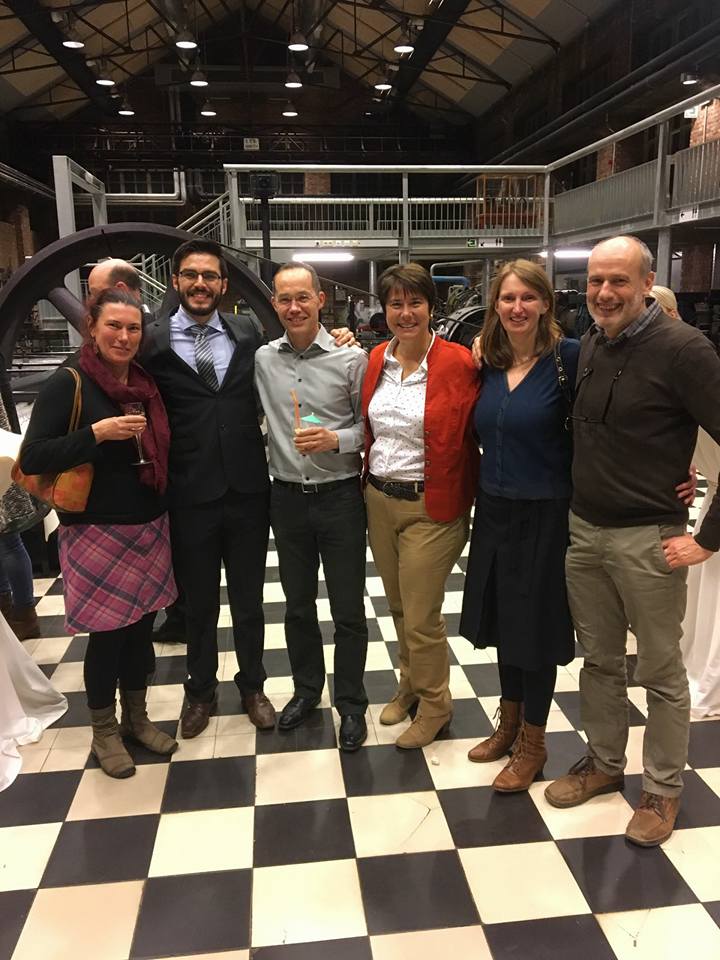
PhD Research Summary - Dr. Monteiro
This thesis investigated new strategies to improve islet cell transplantation for type 1 diabetes by targeting both immune rejection and engraftment challenges. A combination therapy using low-dose anti-CD3 antibodies with engineered Lactococcus lactis producing proinsulin and IL-10 prevented autoimmune diabetes recurrence in more than half of long-term diabetic NOD mice. In addition, co-transplantation of human multipotent adult progenitor cells (MAPC®) improved islet graft survival by enhancing revascularization and function.
These results show that combining antigen-specific immune tolerance with cell-based support for engraftment can significantly boost islet graft outcomes, offering promising avenues toward long-term success in beta-cell replacement therapies.
More information can be found in the link.


